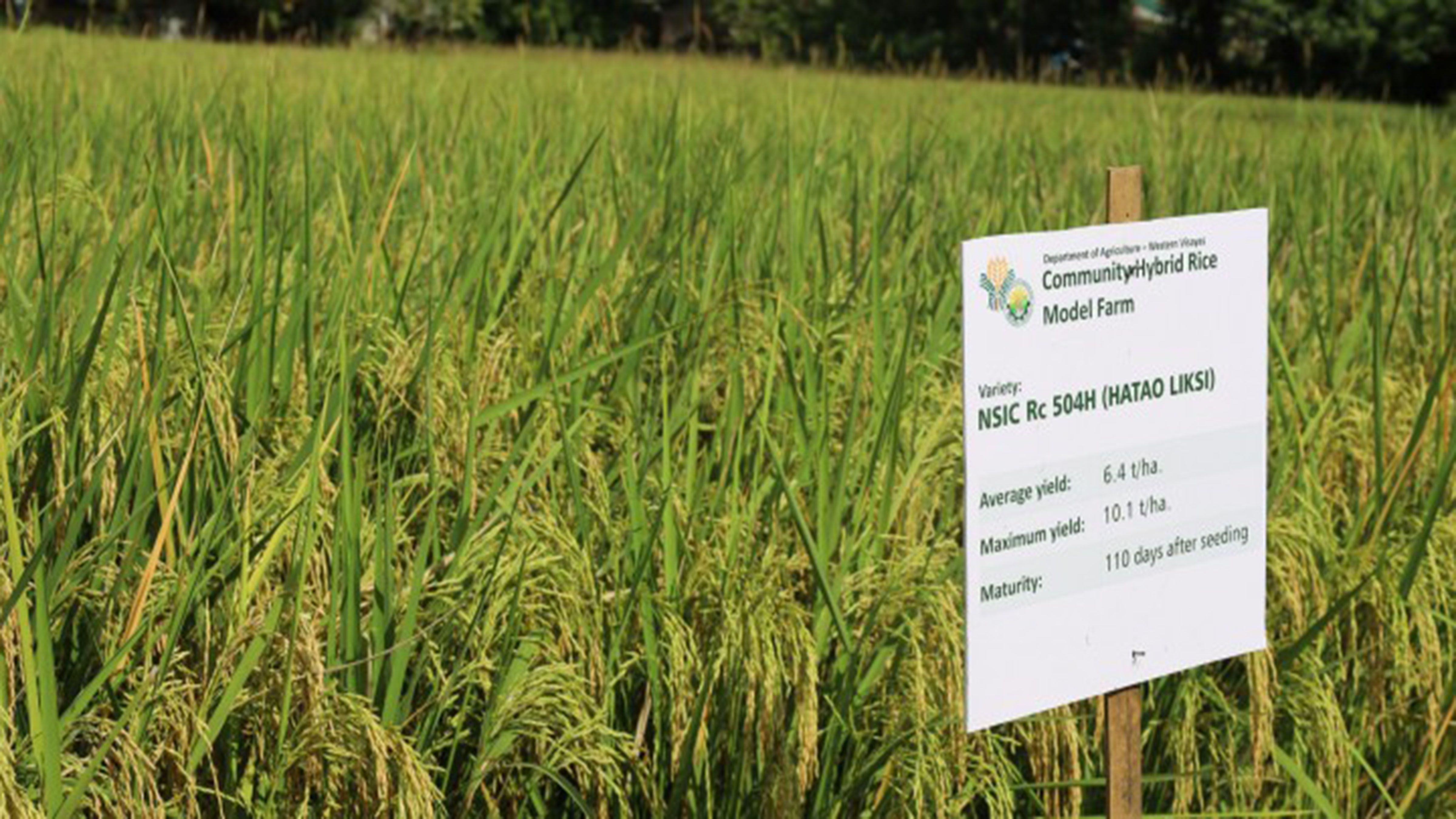Following a meeting with the father of hybrid rice in the Philippines, Henry Lim Bon Liong, President Marcos approved the adoption of fertilizer-intensive hybrid rice technology from China, which has double or triple yields compared to traditional grains. But with most soil in the country already heavily degraded, let us see how far the soil can take the fertilization.
President Marcos has agreed to adopt hybrid rice as a better alternative to the inbred variety for increased crop production.
The Presidential Communications Office (PCO) said today Marcos met yesterday with SL Agritech Corporation (SLAC) chairman/CEO Henry Lim Bon Liong (the father of hybrid rice in the country with seeds coming from China) and farmers from Central Luzon to address the challenges in the rice industry.
In the meeting, SLAC, a private firm engaged in the research, development, production, and distribution of hybrid rice seeds and premium quality rice, recommended the conversion of rice farming areas for certified seeds (CS) to hybrid seeds.
The SLAC proposed to convert 1.90 million hectares target areas planted with CS to hybrid seeds in four years. Bon Liong had been pushing for hybrid rice with the Department of Agriculture since the time of then Agriculture Secretary Carlos Dominguez III (who eventually became finance secretary of President Duterte).
Marcos said he will implement a program to promote the shift by providing subsidies and facilitating loan financing to farmers.
Aside from his commitment to further strengthening financial support to local farmers via the loan financing program, the President also vowed to apply the best practices being done by Central Luzon farmers to other areas in the country, Inquirer reported.
“We would like to apply kung ano ‘yung ginagawa ninyo dito sa Central Luzon… so we can apply sa ibang areas,” Marcos said.
We would like to apply whatever you are doing here in Central Luzon… so we can apply it in other areas, said Marcos.
Citing a study by the Department of Agriculture (DA) and local government units, the PCO said the hybrid system has given 41 percent better yield than inbred conventional seeds over the past two years.
“Hybrid farmers have reported harvesting around 7 to 15 metric tons (MT) per hectare as compared to the average 3.6 MT/hectare for inbred seeds,” the Palace said.
Bon Liong said that if adopted nationwide on a two-cropping cycle per year, hybrid technology will give better income to farmers and achieve rice sufficiency for the country.
From January to November 2022, the National Rice Program served 1.06 million rice farmers and 3,528 farmer cooperatives through the provision of hybrid and inbred or certified seeds, production-related and post-harvest machinery, small-scale irrigation, as well as extension and training activities.
The program also established Hybrid Rice Model farms.
Under the Rice Competitiveness Enhancement Fund Program, the Landbank of the Philippines and Development Bank of the Philippines (DBP) granted P3.37 billion in zero-interest and non-collateral loans to 10,643 rice farmers and 197 borrower organizations and cooperatives.
Now that Undersecretary Leocadio Sebastian has been returned to DA in charge of rice industry development, the program will be handled by him.
Tags: #Marcos, #SLAgritech, #hybridrice

